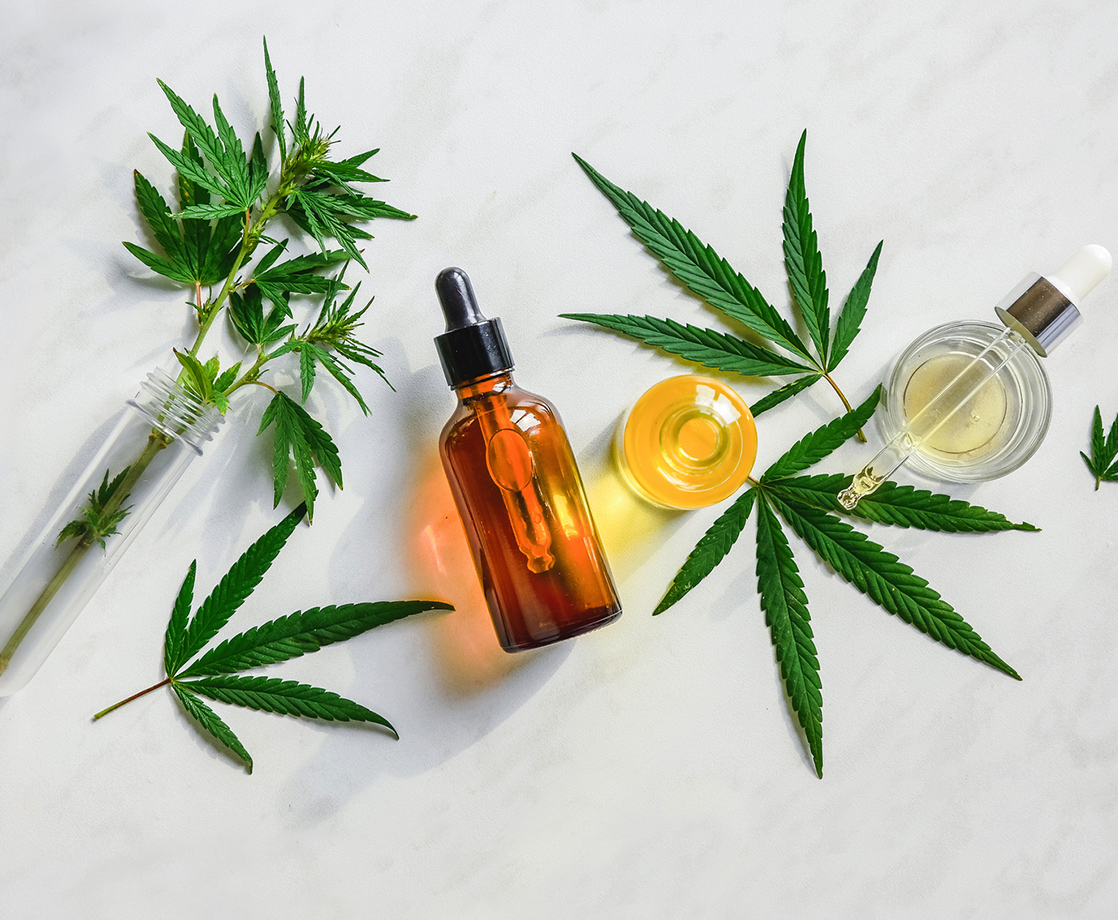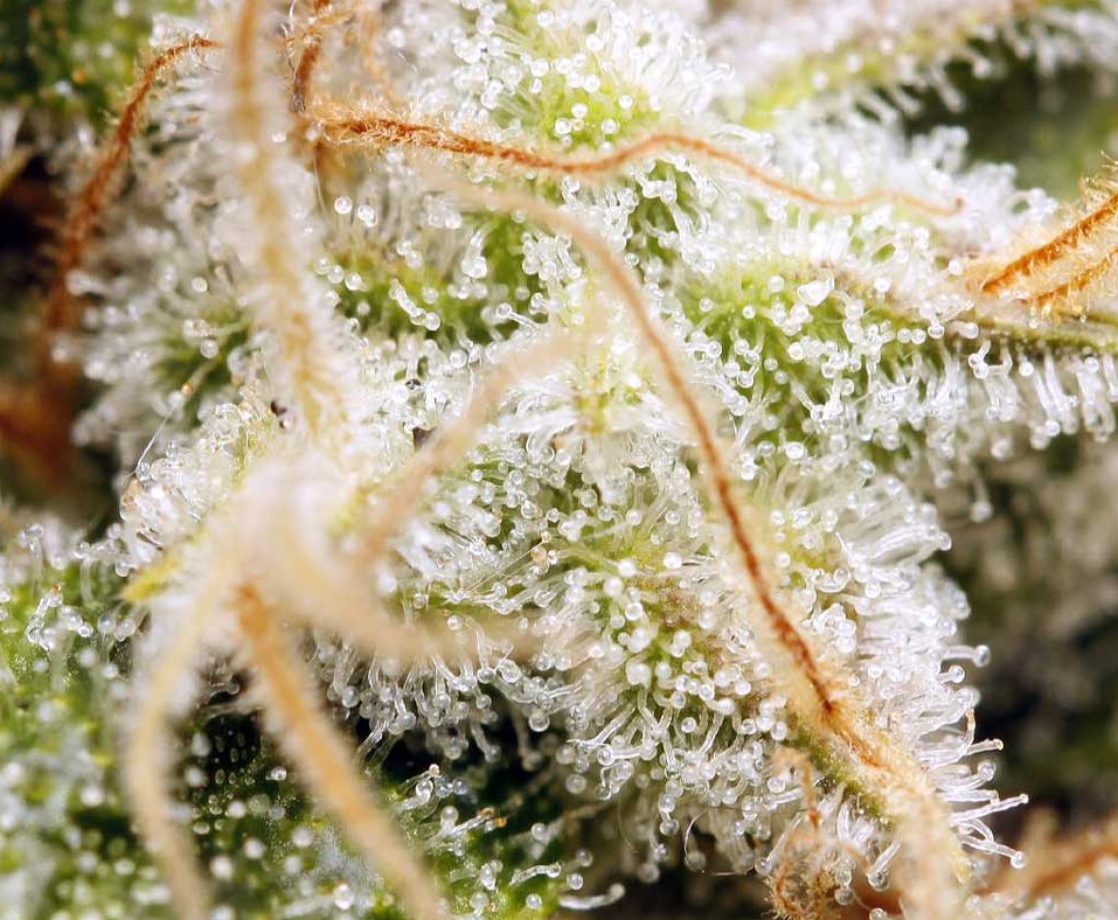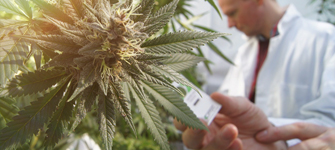Right now, almost all of the hemp grown in the US goes into CBD, or cannabidiol, extraction. You’ve likely heard that CBD products such as oils, infused foods, and topicals can help manage a variety of conditions, including chronic pain, inflammation, migraines, or even recovering from an intense workout. But not all CBD products are created equally.
Technically, there are two types of CBD products on the market. One kind, called isolates, include only CBD. The other, known as full-extract or full-spectrum, contains CBD and a host of other chemicals naturally found in cannabis.
Before we go any further, know that the US FDA has not approved CBD for treating any medical condition except certain rare forms of epileptic seizures. And even then, only Epidiolex, a pharmaceutical product, has this approval from the feds. If you plan on consuming CBD for medicinal purposes, always consult a (weed-friendly) doctor first.
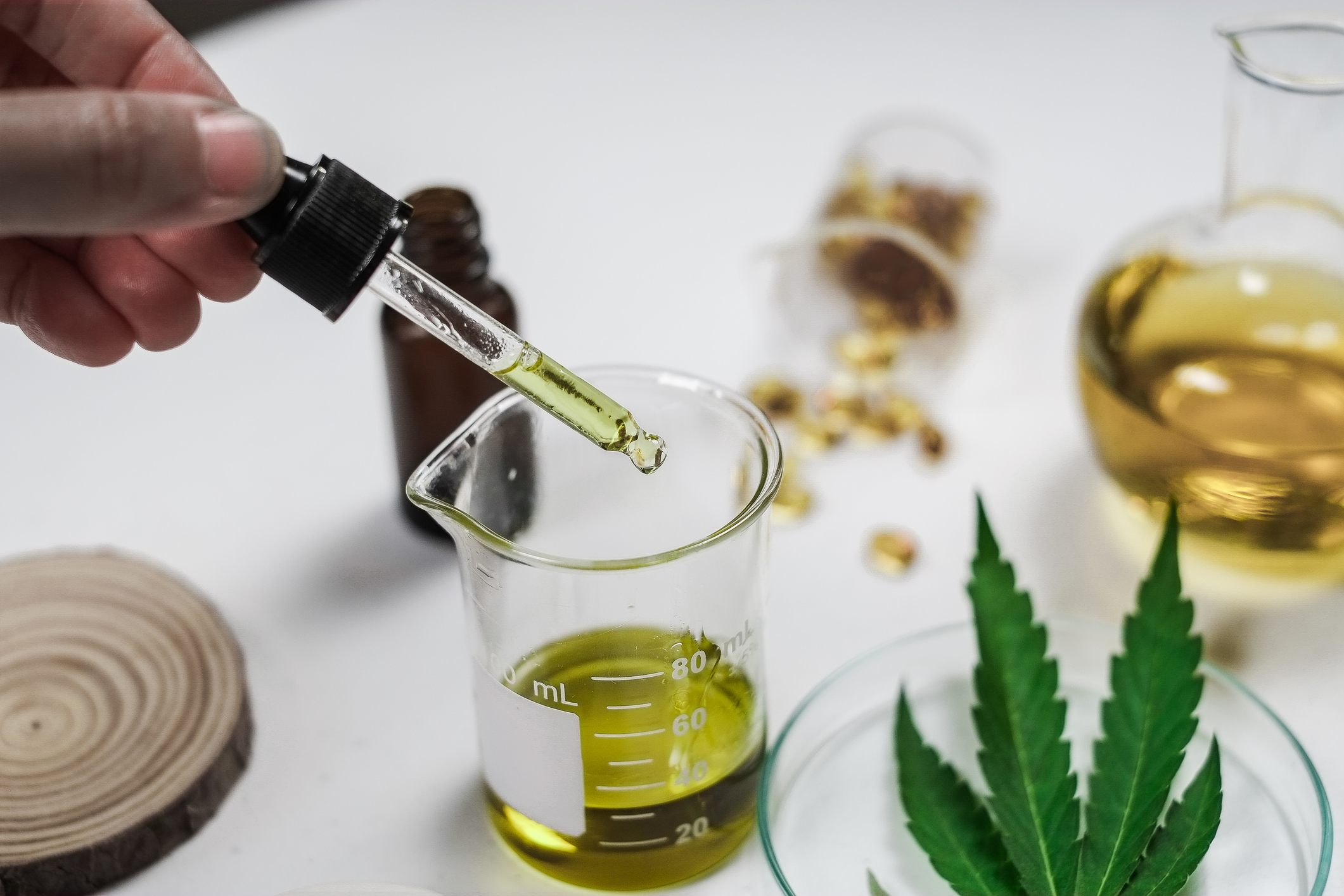
Isolate vs. Full-Spectrum
Any isolate product contains only CBD as its cannabis additive. Although studies show that CBD could help with several medical conditions, other studies suggest that CBD works best when combined with other cannabis compounds, namely THC, the part of weed that gets people intoxicated.
Why does CBD work better with THC? Scientists are still figuring that out, but the evidence indicates that while CBD may stimulate parts of our cells, THC actually activates them. In other words, THC works in tandem with CBD. However, THC and marijuana products aren’t legal in every US state, which means if you still live under prohibition, CBD products may be your only legal option — for now.
Full-spectrum or full-extract CBD products contain CBD and a host of other compounds found in cannabis, such as other cannabinoids (minus THC), terpenes, flavonoids, polyphenols, and other molecular names complicated by Greek prefixes. In other words, “full-spectrum” means the product contains, at least in theory, all of the other compounds found in cannabis — not just CBD. To truly achieve full-spectrum CBD oil, the extraction must include not only buds, but also the plant’s leaves, stalks, and stems, too, according to hash-maker and cannabis consultant The Dank Duchess.
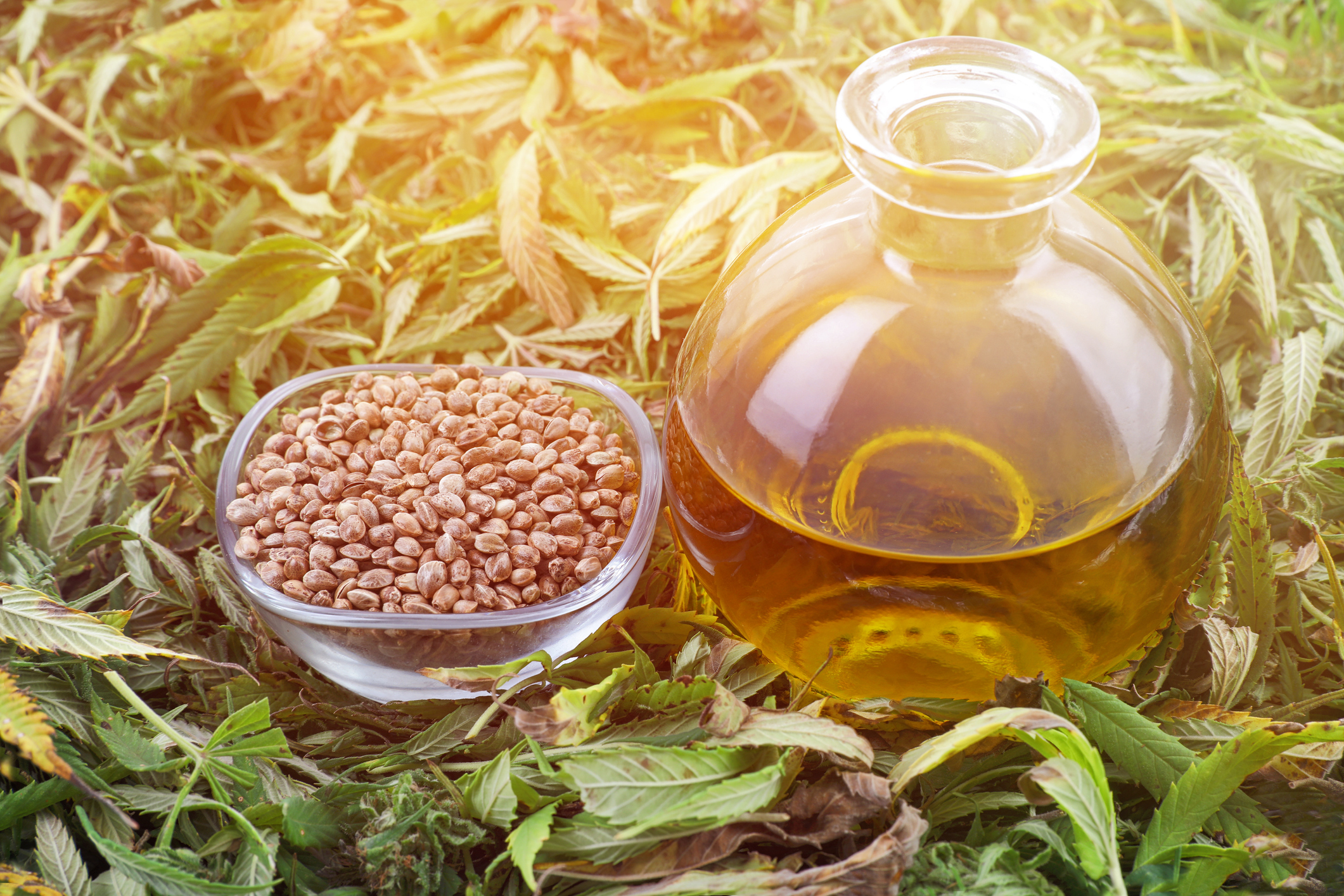
The Benefits of Full-Spectrum CBD Extracts
If CBD can improve your way of life, why would you want all those other terpenes, cannabinoids, and other plant components? Researchers are still investigating this, but there’s evidence that cannabis works best as a medicinal or health supplement when all of its chemical components are combined, rather than consumed in isolation. This hypothesis, called the entourage effect or ensemble effect, says that weed works wonders on the mind, body, and soul because it contains hundreds, if not thousands, of individual compounds that work together. Isolated compounds possess their own benefits, but for the full-whammy, full-spectrum extracts could be superior to single compounds that are isolated on their own.
Before You Buy, Do Your Research
If you’re interested in purchasing full-spectrum CBD products, do your research beforehand. First, look for the phrases “full-spectrum,” “full-extract,” or “whole-plant” somewhere on the package or label. Second, if you’ve heard good things about a full-spectrum CBD product, that might be a good one to begin doing your research on. A quick Google search on most CBD companies should give you some idea if they’re conducting responsible, ethical business… or if they’re just trying to cash in on the hype.
And, as always, stay tuned to MERRY JANE for any news regarding CBD products.


